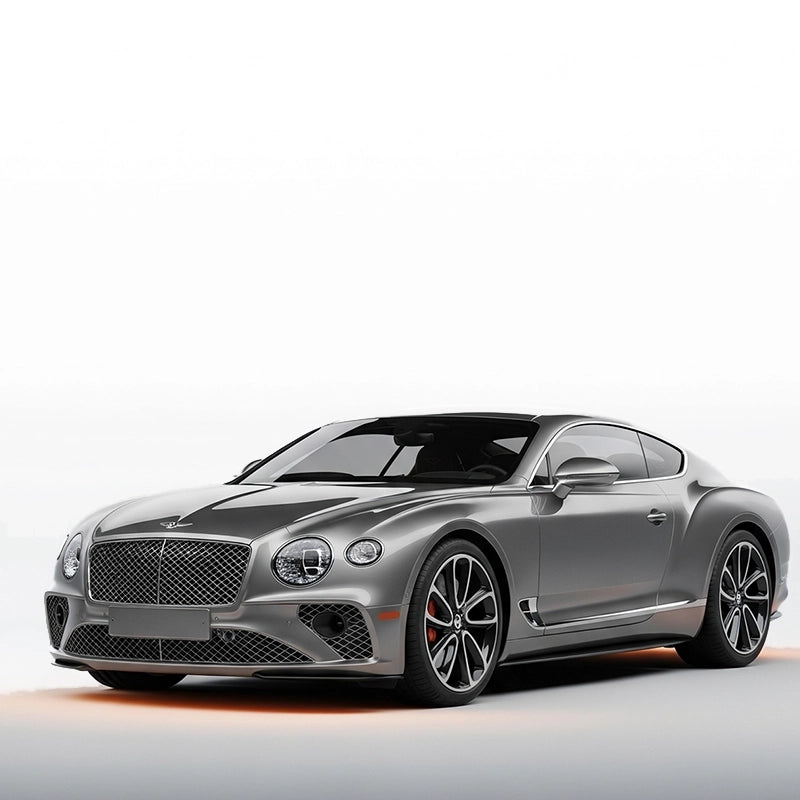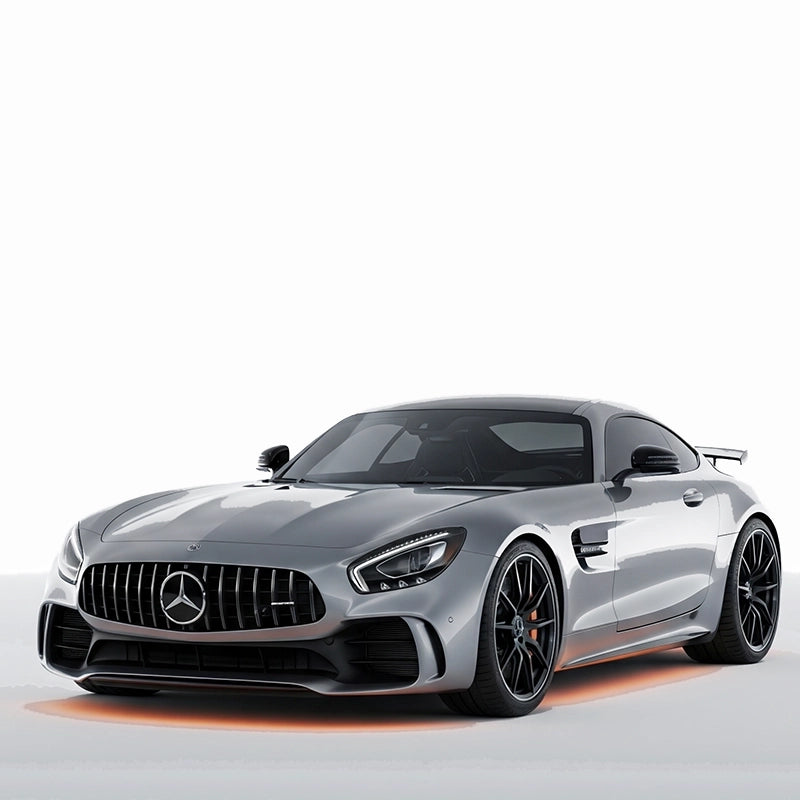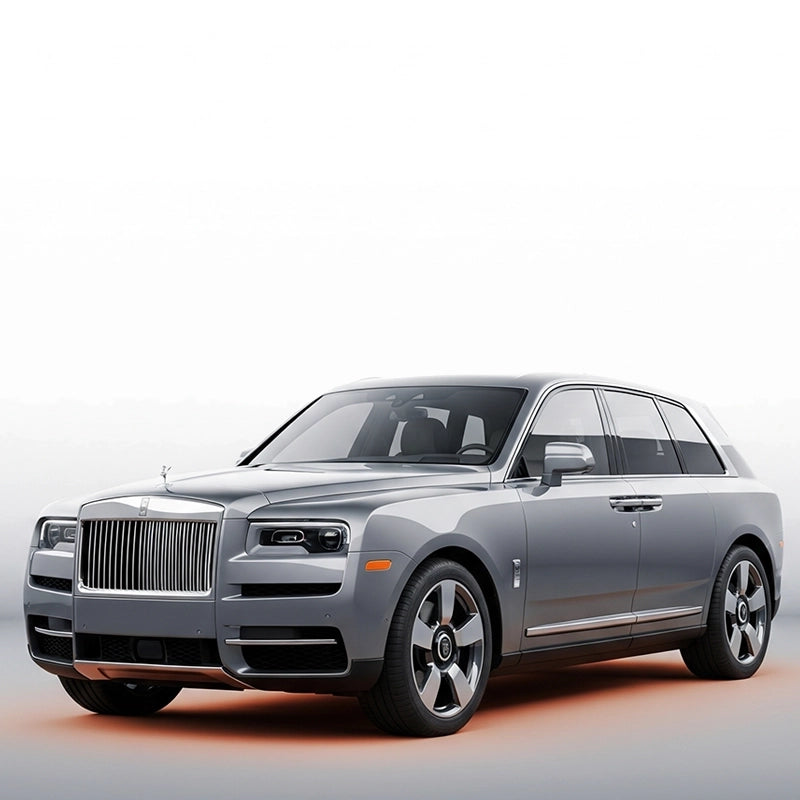How Much Does a BMW Cost? A Real-World Guide From Someone Who Actually Drives Them
I get this question a lot in dealership parking lots and airport lounges: how much does a BMW cost? The short answer is anywhere from “that’s not bad” to “well, that escalated quickly.” The longer answer? It depends on the model, the options, and whether you’re the sort of person who can resist tick-boxes like Bowers & Wilkins audio and crystal controls. I’ve spent the better part of two decades testing BMWs from base 230i coupes to V8 bruisers and the latest electric i7. Here’s what you should budget for in 2025, plus the nitty-gritty on ownership costs the window sticker doesn’t tell you.
Did you know? BMW began life in 1916 building aircraft engines. That precise, turbine-smooth feel you notice in a well-tuned inline-six? Not a coincidence.
How Much Does a BMW Cost in 2025? The Short Answer
- Entry models (2 Series, X1): about $39,000–$45,000
- Core lineup (3/4 Series, X3): about $45,000–$62,000
- Mid-lux (5 Series, X5): about $61,000–$80,000
- Flagships (7 Series, X7): about $83,000–$115,000
- Electric BMWs (i4, i5, i7, iX): about $53,000–$110,000+
- M performance (M2, M3, M4): about $64,000–$90,000
- Halo and high-performance (M5, M8, XM): about $120,000–$160,000+
Note: prices are approximate U.S. MSRPs before destination, taxes, and options. Trust me—options move the needle in BMW-land.
How Much Does a BMW Cost? Model-by-Model Snapshot
| Model (2025) | Base MSRP (approx) | Typical as-tested | Powertrain | 0–60 mph (est.) |
|---|---|---|---|---|
| 230i Coupe | $39,000 | $44,000 | 2.0L turbo I4, RWD | 5.5–5.8 sec |
| 330i Sedan | $45,000 | $52,000 | 2.0L turbo I4, RWD/AWD | 5.6 sec |
| M340i Sedan | $60,000 | $67,000 | 3.0L turbo I6 mild-hybrid | 4.1 sec |
| 530i / i5 eDrive40 | $61,000 / $68,000 | $70,000 / $75,000 | 2.0L turbo I4 / single-motor EV | 6.0 sec / 5.7 sec |
| 740i | $100,000 | $115,000 | 3.0L turbo I6 mild-hybrid | 5.1 sec |
| Z4 sDrive30i | $54,000 | $60,000 | 2.0L turbo I4, RWD | 5.2 sec |
| X1 xDrive28i | $41,000 | $46,000 | 2.0L turbo I4, AWD | 6.2 sec |
| X3 xDrive30i | $47,000 | $54,000 | 2.0L turbo I4, AWD | 6.0–6.2 sec |
| X5 xDrive40i | $66,000 | $78,000 | 3.0L turbo I6 mild-hybrid, AWD | 5.2 sec |
| X7 xDrive40i | $83,000 | $95,000 | 3.0L turbo I6 mild-hybrid, AWD | 5.6 sec |
| i4 eDrive40 | $53,000 | $59,000 | Single-motor EV, RWD | 5.4 sec |
| iX xDrive50 | $88,000 | $98,000 | Dual-motor EV, AWD | 4.4 sec |
| M2 | $64,000 | $72,000 | 3.0L twin-turbo I6 | 3.9–4.1 sec |
| M3 Competition | $76,000 | $86,000 | 3.0L twin-turbo I6 | 3.4 sec (xDrive) |
| M5 (new) | $120,000 | $135,000 | Hybrid twin-turbo V8 (est.) | ~3.0 sec (est.) |
On a recent drive of the X5 xDrive40i, the sticker said mid-sixties. My tester—air suspension, soft-close doors, leather that felt like your favorite weekend bag—came in just shy of $80,000. That’s BMW for you: base pricing is one thing; the satisfying spec is another.
How Much Does a BMW Cost vs. Rivals?
| Segment | BMW | Mercedes-Benz | Audi | Lexus |
|---|---|---|---|---|
| Compact sedan/SUV | 330i/X3: $45k–$54k | C 300/GLC: $47k–$56k | A4/Q5: $42k–$53k | IS/NX: $41k–$52k |
| Mid-size sedan/SUV | 530i/X5: $61k–$78k | E 350/GLE: $63k–$80k | A6/Q7: $58k–$78k | ES/RX: $43k–$65k |
| Flagship sedan/SUV | 740i/X7: $100k–$95k+ | S 500/GLS: $125k–$90k+ | A8/Q8: $90k–$80k+ | LS/LX: $80k–$93k+ |
| EVs | i4/i5/i7/iX: $53k–$110k | EQE/EQS/EQE SUV: $77k–$110k | Q4 e-tron/Q8 e-tron: $54k–$75k | RZ: $57k–$65k |
| M/AMG/RS | M2/M3/M5: $64k–$120k+ | AMG C/E/GT: $63k–$140k+ | RS 3/RS 5/RS 7: $63k–$125k+ | F models rarer, LC/RC F: $101k–$110k |
BMW generally lines up neck-and-neck with Mercedes on prices and sits a tick above Audi and Lexus, especially once you dive into performance trims. Value swings back toward BMW with the breadth of engines and how alive the cars feel on a good back road—subjective, sure, but after a decade of comparison tests, it’s a pattern that repeats.
Electric BMWs: What to Budget
i4 eDrive40 is the gateway EV (about $53k). The i5 is the sweet spot for range and space (high $60s), while the i7 wafts like a private lounge (low six figures). The iX is the left-field favorite: weirdly quiet, shockingly quick, and lounge-chair comfy—expect $88k to start. Depending on your state, you may snag incentives or utility rebates, which can meaningfully trim the “How much does a BMW cost?” equation for EVs.
Side tip: Check state and utility-company EV incentives. They stack with dealer discounts more often than you think.
How Much Does a BMW Cost to Own?
Maintenance and insurance
- BMW Ultimate Care covers scheduled maintenance for 3 years/36,000 miles on new cars.
- Out of warranty, plan about $600–$1,200 per year in routine maintenance on mainstream models; more for M cars and V8s.
- Insurance varies wildly by zip code and model; I’ve seen $1,600–$2,800 annually for a 3 Series, and $2,500–$4,000 for M cars.
When I tried the X5 on rough winter roads, the air suspension was ace—but I did note minor creaks from the cargo area after a few thousand miles. Not a big deal, just something owners occasionally mention to me at cars & coffee.
The option trap (and how to avoid it)
- Packages that add real value: Driving Assistance Professional (~$2,300), adaptive dampers (~$1,000–$1,400), premium audio (~$1,000–$4,200).
- Wheel and paint splurges look great, but they add thousands and can ding ride comfort and tire replacement costs.
- iDrive 8/8.5 is feature-rich, but some menus bury simple tasks like changing driver assists. Learn the shortcuts; it saves sanity.
On a 330i, sticking to a few key packages kept my build around $52k and retained that classic light-on-its-feet BMW vibe. Go full catalog and you’ll nudge past an M340i, at which point… you might as well get the straight-six.
Lease or buy?
- Leases on mainstream models often land in the $499–$799/month zone with average due-at-signing; M cars and EVs trend higher.
- Buying makes sense if you keep cars 6–8 years. BMWs age well when maintained, and CPO warranties can be good value.
- Depreciation is friendliest on 3/4/X3/X5 and tougher on niche or high-MSRP models.
Living With a BMW: Quick Hits
- Engines: BMW’s 3.0-liter inline-six remains a gem—silky, torquey, and happy to sing. The newer mild-hybrid setups add smoothness in traffic.
- Ride and handling: With adaptive dampers, most BMWs walk that fine line between comfy commute and Sunday blast. On run-flat tires, impacts can feel a touch sharp; swapping to conventional tires (with a repair kit) helps.
- Cabin and tech: Seats are road-trip good, head-up display is crisp, and wireless CarPlay/Android Auto work well. iDrive 8 can feel like a smartphone that just updated itself—great power, occasionally fussy menus.
How Much Does a BMW Cost? Final Thoughts
From the $40k-ish 2 Series to six-figure M cars and electric luxo-barges, BMW’s pricing spans the gamut. The trick is knowing where you’ll actually feel the money. Spend on the engine you’ll enjoy daily, the seats you’ll sit in for hours, and the driver assists that keep rush hour civilized. Skip the fluff. Do that, and you’ll answer “How much does a BMW cost?” with a number that makes sense—and a grin that shows why you picked one.
Gear tip: Protect your new BMW’s cabin
If you’re like me and live where seasons happen, floor mats are the difference between “showroom fresh” and “why is there a pinecone in here?” I’ve had good luck with fitted mats designed for specific models.
The best floor mats I’ve tested lately came from Autowin. They’re model-specific, easy to clean, and take the brunt of winter grime so your carpets don’t. Whether you’re in an X5, M3, or anything in between, Autowin has options that don’t look like an afterthought.
FAQ: How Much Does a BMW Cost?
- What’s the cheapest new BMW? The 230i Coupe and X1 xDrive28i typically start around $39k–$41k before destination and options.
- Which BMW is the best value? The 330i and X3 xDrive30i hit the sweet spot for price, performance, and resale—especially with a few smart options.
- How much is a BMW M3? Figure roughly $76k to start; most well-optioned cars leave the lot between $82k and $88k.
- How much does a BMW EV cost? i4 starts near $53k, i5 around $68k, i7 roughly $106k, and iX about $88k—before incentives.
- Are BMWs expensive to maintain? Routine costs are reasonable for the segment, and BMW covers scheduled maintenance for 3 years/36k miles. After that, budget $600–$1,200 annually on mainstream models; more for M cars.

























